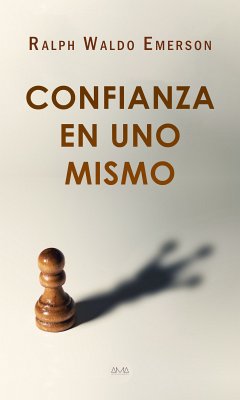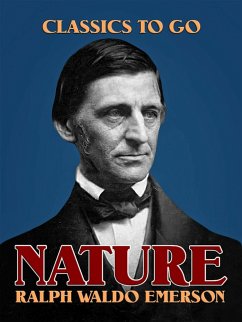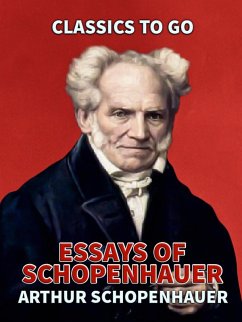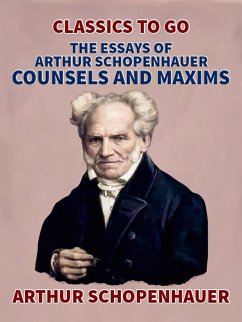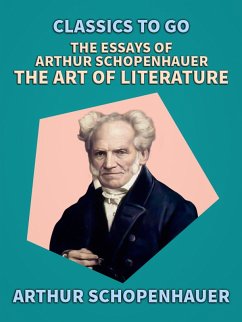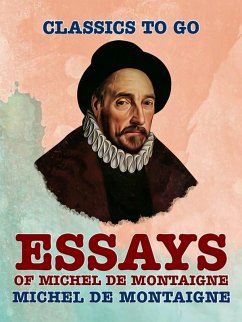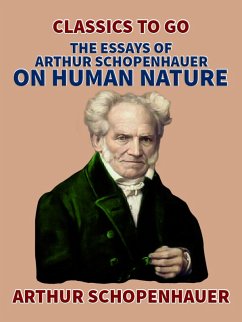
Essays by Ralph Waldo Emerson (eBook, ePUB)

PAYBACK Punkte
0 °P sammeln!
There are very few writers who have ever imparted more wisdom in so few words. If Thomas Jefferson is the spirit of America then Ralph Waldo Emerson was its soul. A person who reads the words of Emerson cannot help but be haunted by the feeling of an eternal season of spring infused with the eternal sadness of life''s inevitable end. Emerson is required reading for all thoughtful men and women. This particular book is excellent and no one looking to purchase Emerson''s work in the kindle format should hesitate to purchase it. (Amazon)
Dieser Download kann aus rechtlichen Gründen nur mit Rechnungsadresse in A, B, BG, CY, CZ, D, DK, EW, E, FIN, F, GR, HR, H, IRL, I, LT, L, LR, M, NL, PL, P, R, S, SLO, SK ausgeliefert werden.






